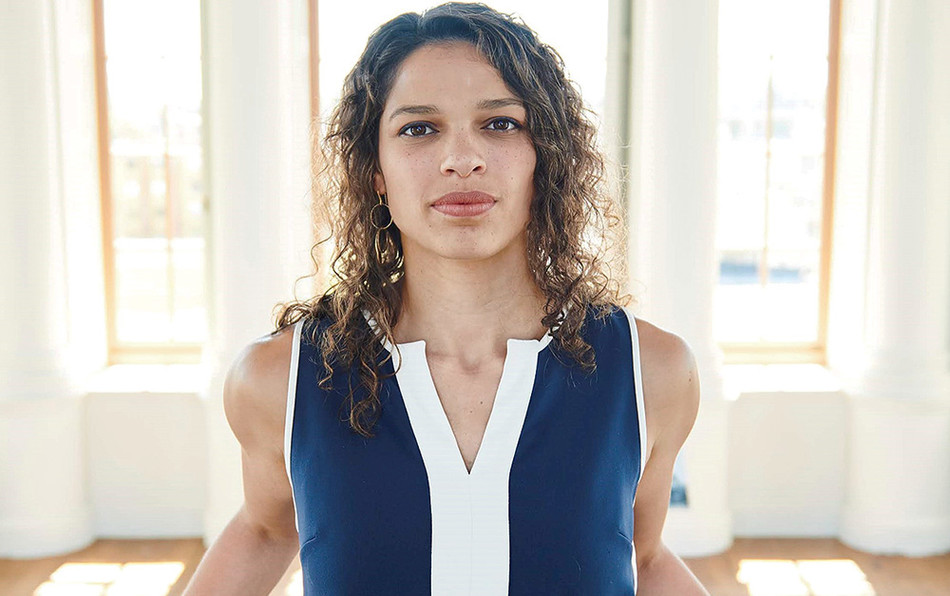As the founder and CEO of Local Civics, an education-technology startup, Beverly Leon ’14CC, ’20BUS encourages kids and teens to become active members of their communities.
What led you to start Local Civics?
I was on the Columbia women’s soccer team and spent a lot of time mentoring local youth through sports. After graduating, I landed a job on Wall Street, but a year later I left to pursue my dream of playing professional soccer. That brought me to Iceland, Italy, and the UK, where I continued to coach young players.
Those experiences helped me reflect on my own role as a citizen, particularly as I traveled across Europe and lived in different cities. I wanted to find a way to connect the young people I coached to their communities and empower them to be leaders. I retired from soccer in 2017, and in 2018 I started Local Civics while studying education policy at Oxford.
What does an effective civics education look like?
It means not only teaching young people about their constitutional rights but also providing them with a deeper understanding of how power operates — on a personal, community, city, state, and federal level. It means encouraging kids to pinpoint issues that interest them, then helping them find ways to get involved and make an impact.
Civic engagement will look different for everyone. It might be activated by a passion for art, science, or sport. My love of soccer made me want to participate in conversations about access to parks and other public spaces, so I started attending meetings of the local community board.
How do you tailor the information to kids?
Our platform, which is used by schools and youth organizations, offers a game-based learning model that helps middle- and high-school students explore their communities and build leadership skills. Students set goals and earn points for activities like completing relevant classwork, attending meetings at the local library, listening to a talk with a local public official, or joining their school’s student council.
We also offer a custom curriculum to help students build core skills for effective civic participation. We teach them how to navigate local resources, identify stakeholders, and propose solutions for community challenges, whether it’s the introduction of a composting program or the push for an extended city bus line.
Why is it important to reach K–12 students?
Civics has really slipped away from school curricula; it’s barely funded in the United States. Only around 53 percent of eighteen-to-twenty-nine-year-olds — my cohort — voted in the 2020 presidential election, and that was considered high. The rates of participation in local elections are very poor.
If the first time you’re expected to participate in democracy is when you turn eighteen, you probably won’t fully understand how your vote impacts your community and the things you care about. So many of the decisions that shape our lives are made through our participation in government and community life. Without a high-quality civics education, many of us would miss opportunities to elevate our own voices and hear the voices of others.



